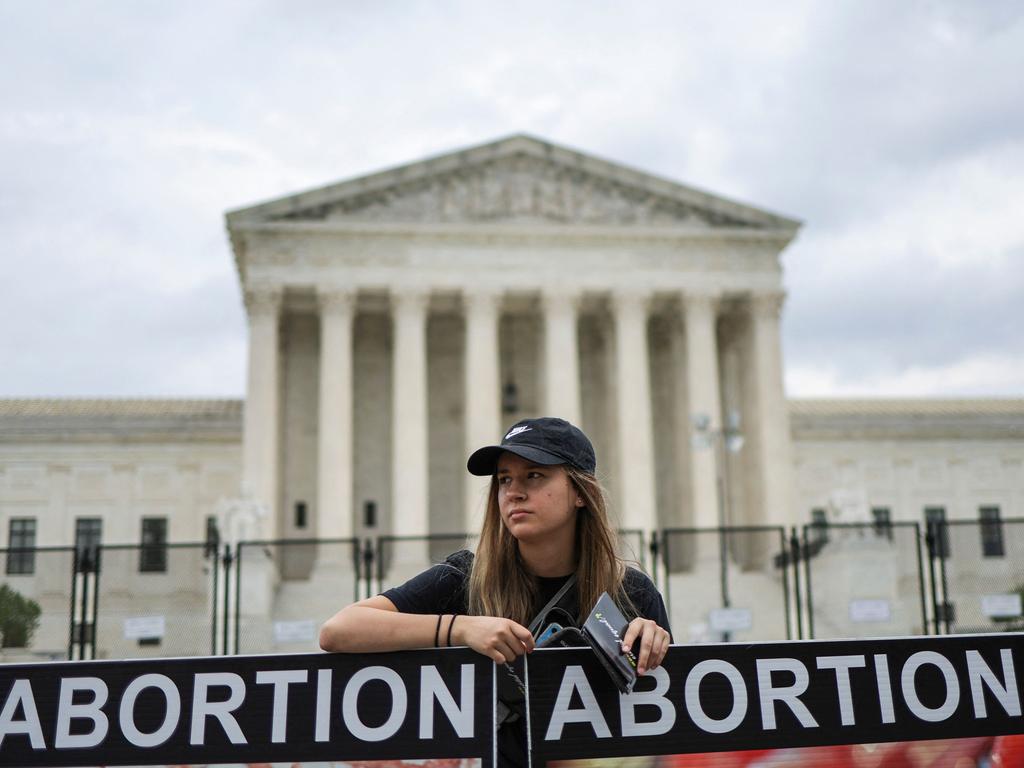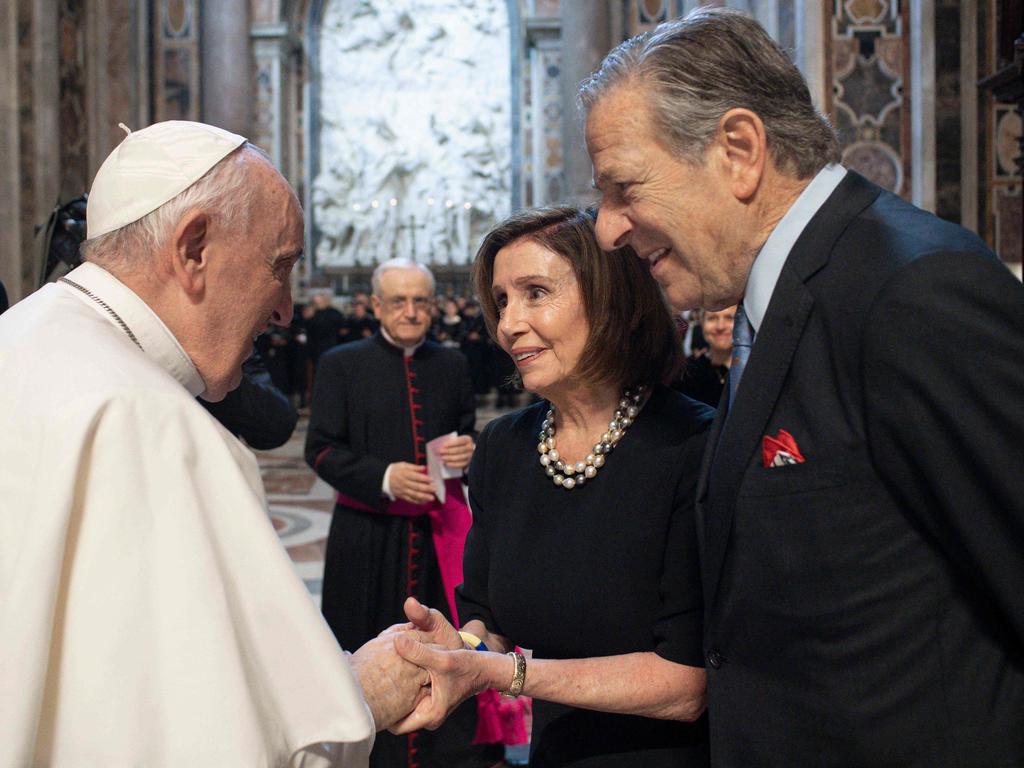Conservatives should lament the Roe reversal


Viewed in that perspective, there is much for conservatives to lament and little to celebrate in last week’s outcome.
To say that is not to express a view on abortion itself. But few doctrines are more important to the rule of law than stare decisis. Taking its name from the Latin maxim “stare decisis et non quieta movere” – stand by the thing decided and do not disturb the calm – the doctrine directs courts to respect precedent and overrule it only when not to do so would be unconscionable.
That the principle became central to English jurisprudence in the 17th and 18th centuries was no accident. To begin with, the priority of precedent helped underpin the independence of the judiciary – and so cement one of the pillars of a free society – by increasing the courts’ capacity to resist pressure from the Crown, parliament and the public to reverse contentious but well-founded rulings.
At the same time, by narrowing the range of issues open to disputation, stare decisis boosted the efficiency of the judicial process, allowing the courts to cope with a burgeoning caseload. And perhaps most importantly, in a country shaken by urbanisation and commercialisation, the ability to rely on precedent brought much needed predictability to social action, leaving individuals to pursue their aspirations within an essentially stable legal order.
None of those benefits has faded with the ages – on the contrary, the turbulence enveloping our daily lives makes it all the more important that the legal framework be a rock of support rather than a swirling pool of quicksand.
Of course precedents must, from time to time, be overturned. As the Supreme Court noted many years ago, “stare decisis is not an inexorable command”; but it has also invariably stressed that high hurdles have to be cleared before a decision is vacated.
The decision should, at the very least, involve a “manifest” or “egregious” error, causing harms that it is the court’s duty to remedy – as was the case in Brown v Board of Education (1954), which, overturning Plessy v Ferguson (1896), ruled that racial segregation of schools was unconstitutional.
The majority in Dobbs claim that they accept that standard. But the deficiencies they purport to identify in Roe are questionable, if not scarcely credible.
It is, for example, impossible to understand how the majority can both praise Brown as a model for its own decision and contend that the crucial test is whether the right at issue is “deeply rooted in this nation’s history and tradition” – a criterion the majority interprets as centring on whether that right (in Roe, to abortion) was broadly available in the decades surrounding 1868, when the 14th amendment, which extended to all US citizens “the equal protection of the laws”, was ratified.
In effect, no one could claim that the right of white and black schoolchildren to sit side by side was broadly available in and around 1868. Nor could it be claimed that the right of couples to marry regardless of race – a right the Supreme Court established in another precedent-reversing case the Dobbs majority commends – formed part of late 19th-century America’s landscape.
It is even harder to understand the majority’s contention that Roe, and the decisions that reaffirmed it, are flawed because the requirements they set down, in terms of access to abortion, are loosely specified. After all, exactly the same could rightly be said – and frequently has been said – of Brown; moreover, what the majority chastises as vagueness may, as is so often the case in legal rulings, be the flexibility needed to apply the ruling in changing circumstances.
All that pales, however, compared with the majority’s outright refusal to engage with the possible consequences of repeal. Declaring that it lacks the competence to assess whether wider access to abortion has brought any benefits that might need to be balanced against its possible harms, the issue is simply swept aside: having diagnosed limpness in Roe, the majority unhesitatingly prescribes amputation.
Yet seriously grappling with the social and economic effects of the decision being overturned was at the heart of Brown, just as it played a crucial role in many of the other judgments the majority purports to celebrate.
In short, Roe may be fatally flawed; but instead of demonstrating that, the majority dramatically lowers the standard the Supreme Court must meet before it reverses decisions that have stood for decades.

It is therefore understandable that there has been an outpouring of concern from liberals about where the court might strike next – just as conservatives should despair at the decline of the guardians of institutional stability, and fear what the future may bring.
On that, Justice Clarence Thomas is disarmingly honest: he argues that all the decisions which rest on the same grounds as Roe should be overturned, regardless of the impacts.
In contrast, Justice Samuel Alito, who wrote the majority decision, manages to forget his own words in Janus (2018), which excoriated, as merely “halfway”, calls to overturn a precedent without pursuing the reversal through to its logical implications. Instead, he contends that Dobbs can be distinguished from the other cases because it involves human life (as if contraception did not) and basic questions of moral order (as if same-sex marriage did not).
Despite the reassurances of Chief Justice John Roberts and Justice Brett Kavanaugh, a maelstrom may therefore lie ahead. It is easy, but unpersuasive, to say it could have been avoided had the Supreme Court not acted as a quasi-legislator. As legal historians have repeatedly shown, that role, which the court has exercised since 1803, was consciously thrust upon it by the founders, who were deeply suspicious of congress; to resile from it would not fulfil but frustrate the constitution’s original intention.
And even in Australia, the High Court, no matter how wedded it may be to judicial restraint, has frequently confronted, and will undoubtedly again confront, divisive issues that go to the foundations of our social life.
What matters is the rigour with which those cases are addressed – as well as the understanding that decisions, once made, can be devastatingly costly to reverse. In setting those precepts aside, the Supreme Court has done itself, and the nation it serves, immense damage.
Sir Edward Coke, the great Elizabethan jurist who championed the primacy of precedent, put it well: it is “a miserable form of slavery where the law is uncertain”. Four centuries later, Americans are about to feel that slavery’s sting.







The fundamental question the US Supreme Court faced in Dobbs was not whether Roe v Wade was correctly decided in 1973; it was whether, nearly five decades later, it should be overturned.